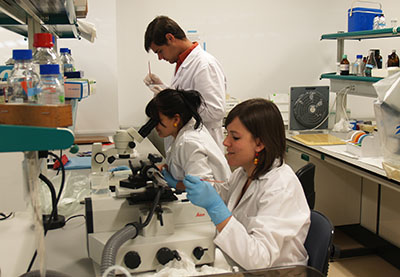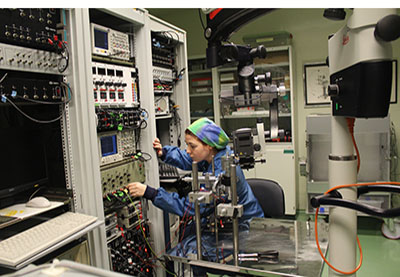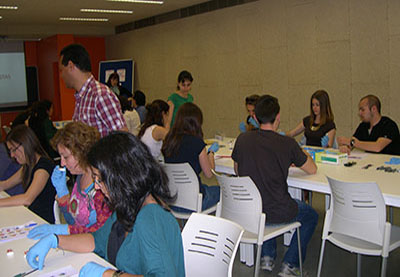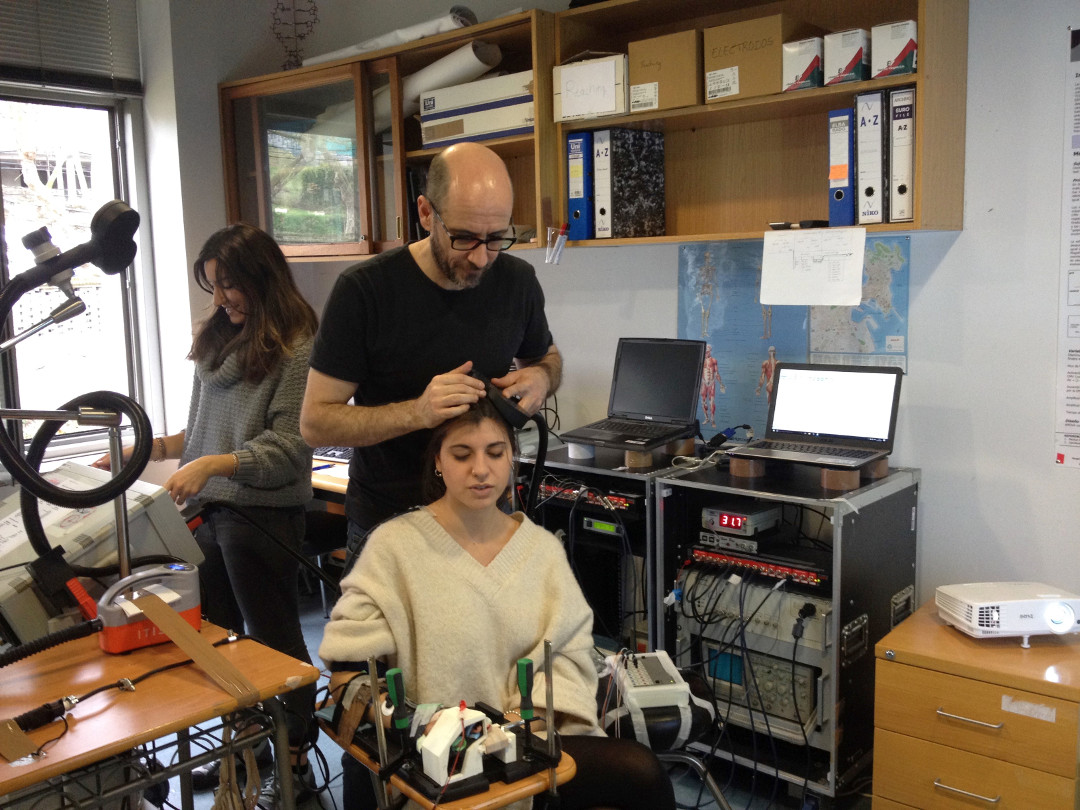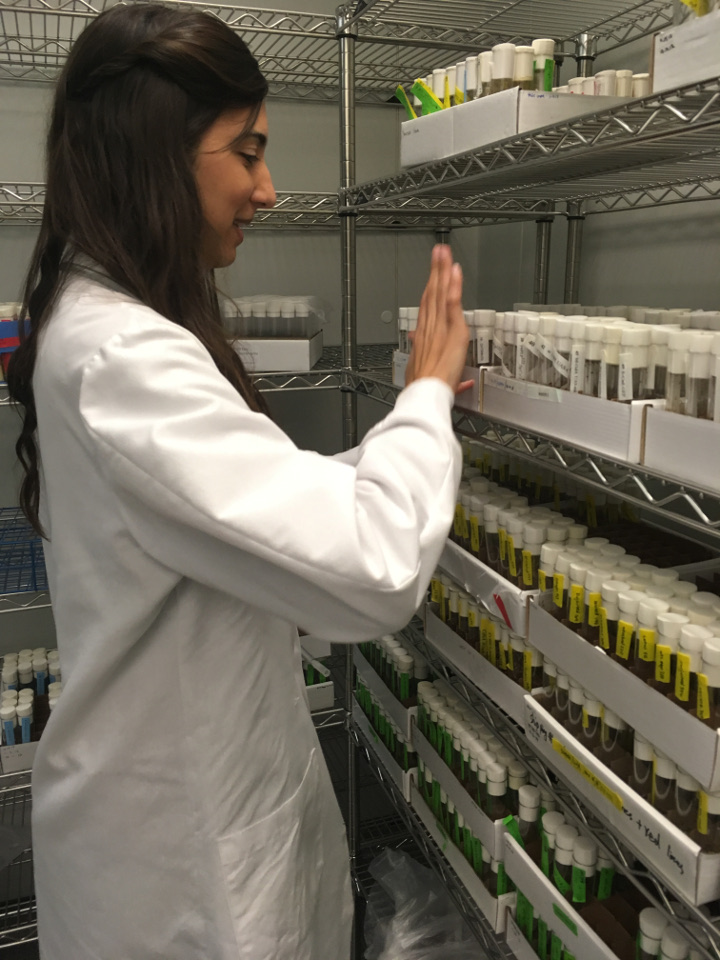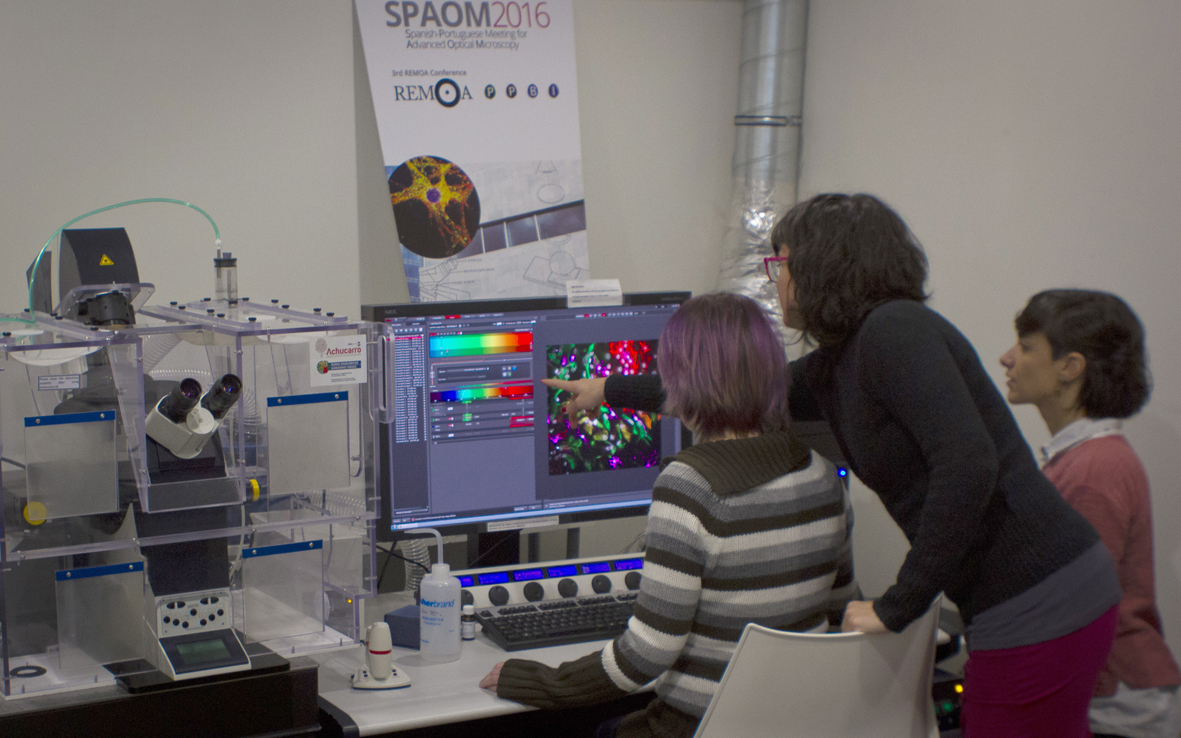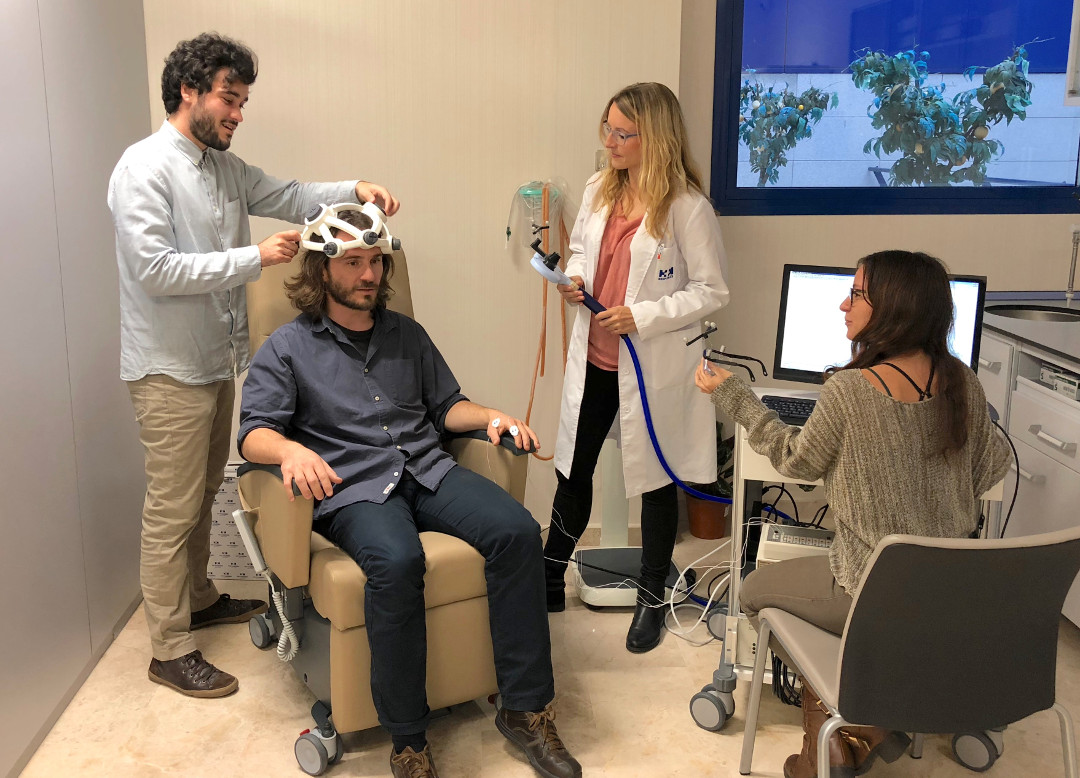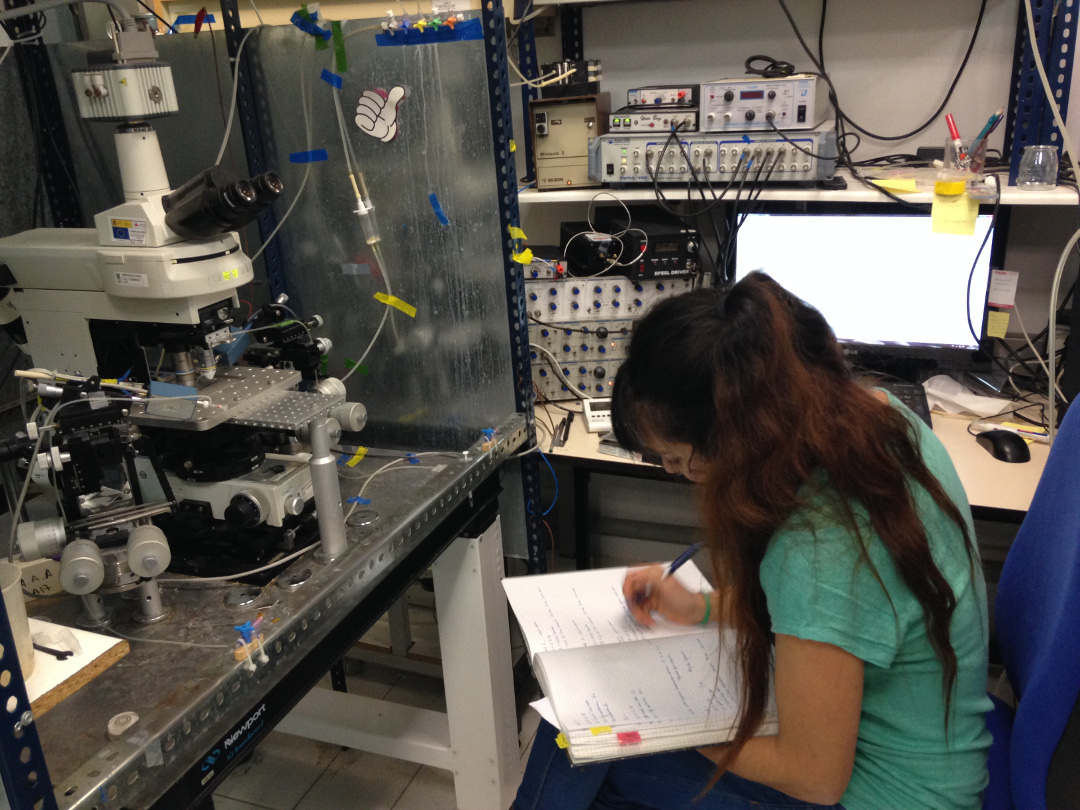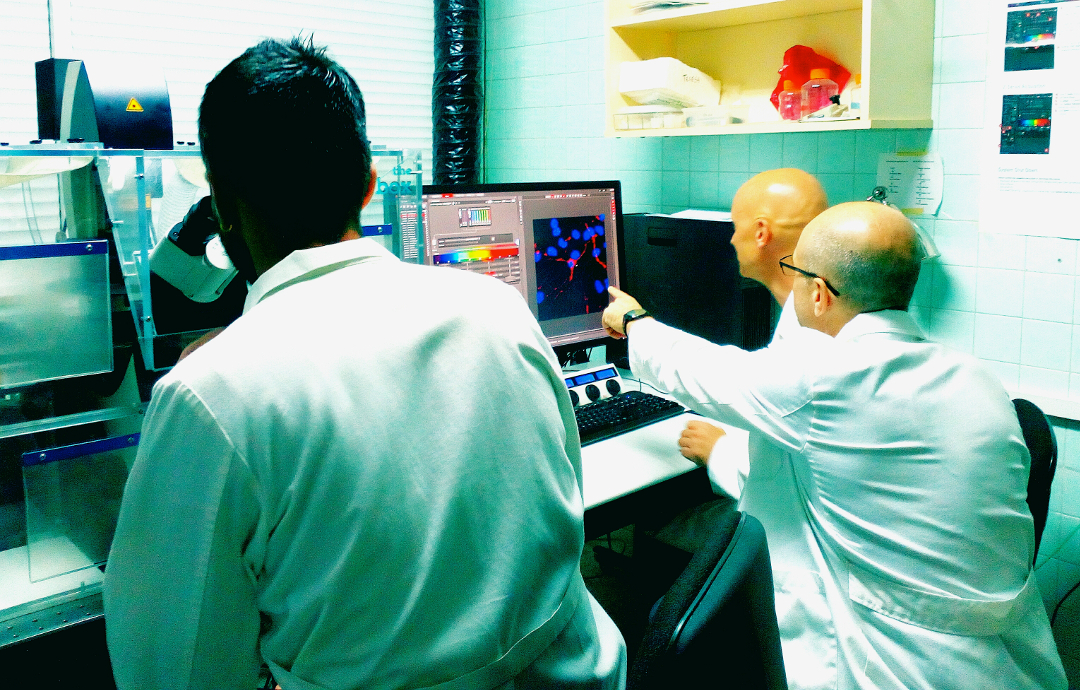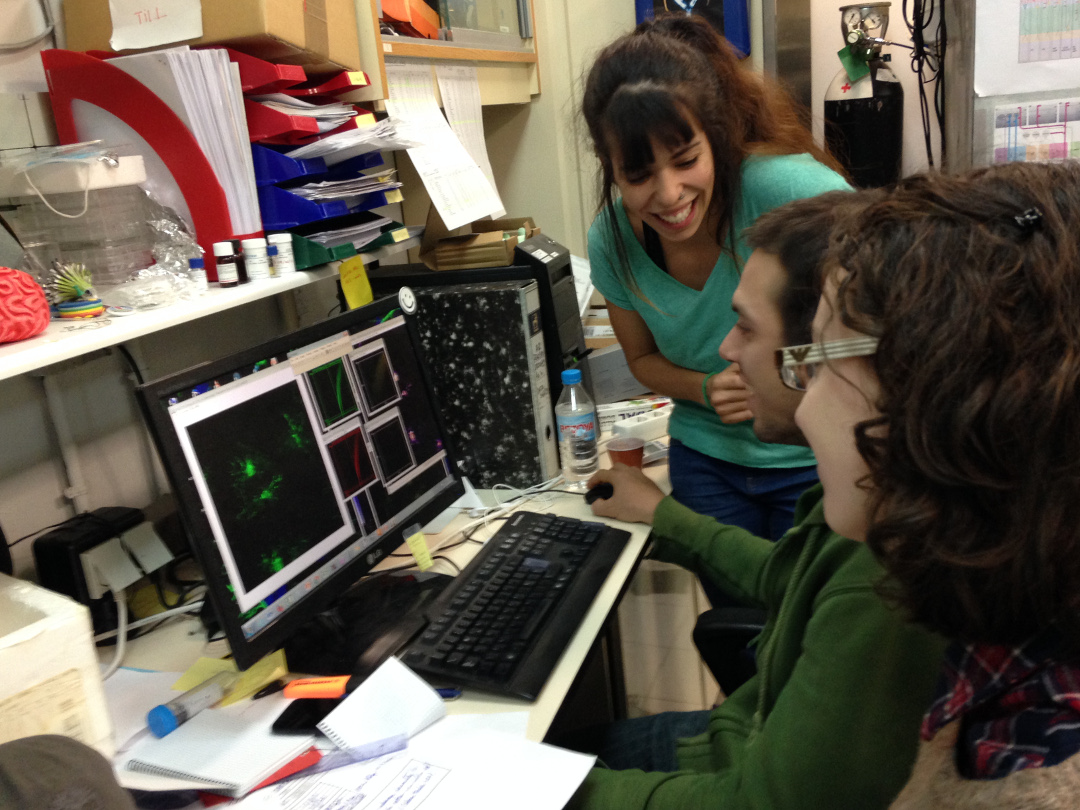How to work in Neuroscience
There are many ways to begin a career in neuroscience, and all of them are valid. The new degrees allow students to combine undergraduate with postgraduate training, creating very specialised, interesting, individual degree courses. For example, degree courses in the areas of Biomedicine, Biology and Psychology are classic entry points. But so are Mathematics, Physics and Sociology, to give just a few examples. The more solid the prior scientific training, the better the final result. It’s not about how you start, but how you finish.
Master’s degrees allow you to become a neuroscientist starting from many different degrees. You can consult all of the information in our section on Master’s Degrees and Doctorates in Neuroscience
What are the career prospects in the Neurosciences?
Neuroscientific knowledge is increasingly highly valued in different areas of human activity. Neuroscientists undertake research in universities, research centres and the biotechnology and pharmaceutical industries. But they also work as psychologists, neuropsychiatrists, in advertising, communication, the press, teaching and in business.
Job offers in Neuroscience
Spanish Biology Olympiad SBO
The Spanish Biology Olympiad (SBO) has been held since 2005. After the different regional competitions, the winners participate in the national finals, where they take on practical exercises and theoretical tests on the different aspects taught in the obligatory stage of secondary education and in the baccalaureate, followed by an international competition promoted by the International Biology Olympiad (IBO). For further information, visit the SBO website
The SENC programme goes to school
SENC members are invited to visit schools to inform baccalaureate students of where and how to learn about the nervous system.

Training and dissemination activities
Our neuroscientists can give you good reasons to work in Neuroscience
During the SENC Conference in Alicante (2017), our scientists answered two questions:
Why work in Neuroscience? | How did I get into Neuroscience?
You can see their answers in these videos.
Be a member here
Contribute to the progress of neuroscience!
Collaborate with society
Do you want to publish your news or events in our schedule?

